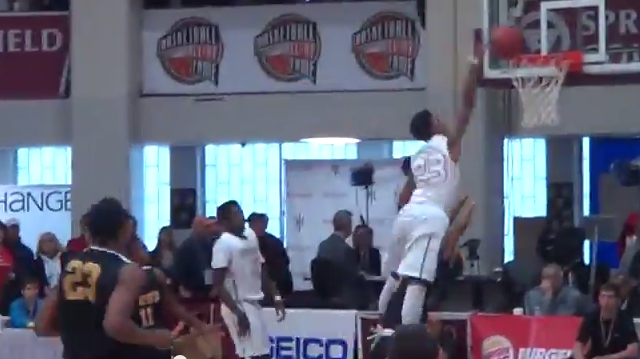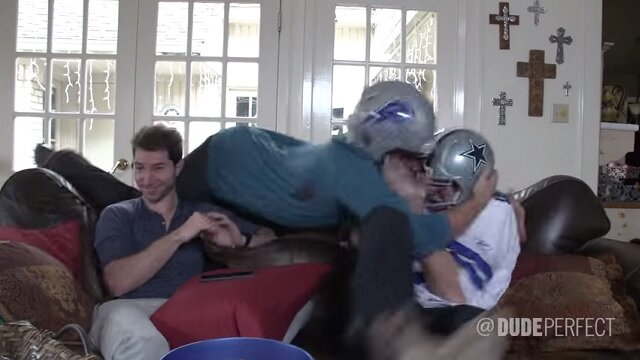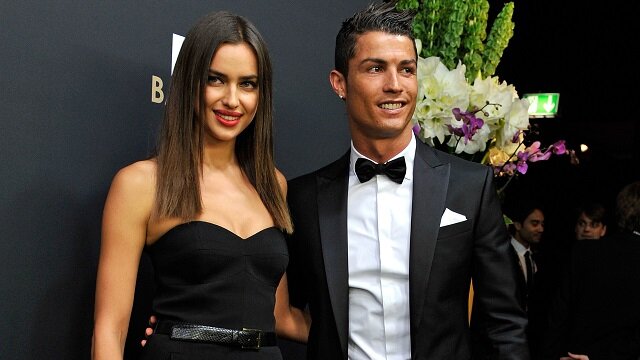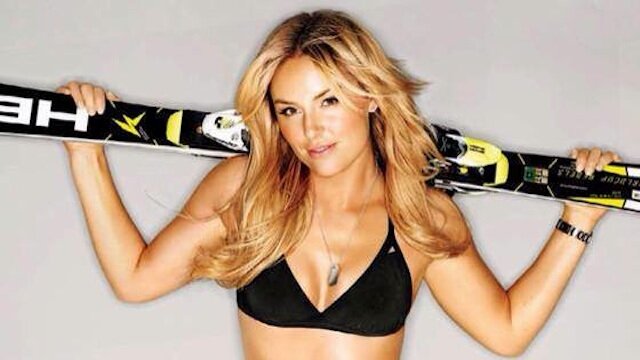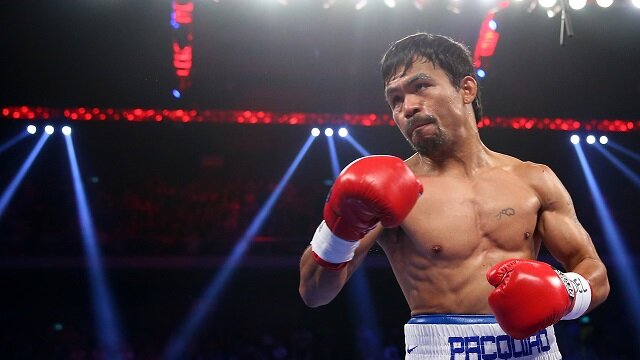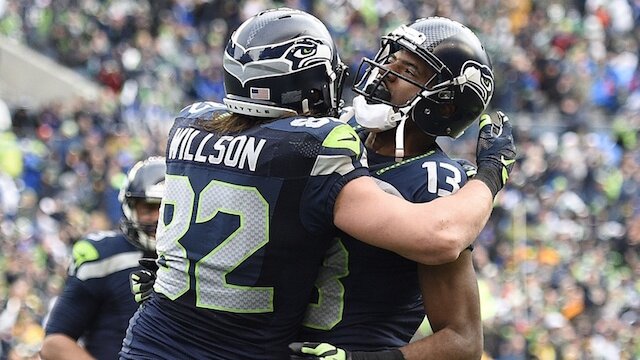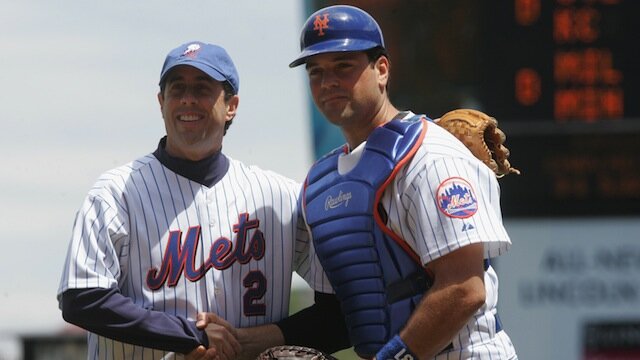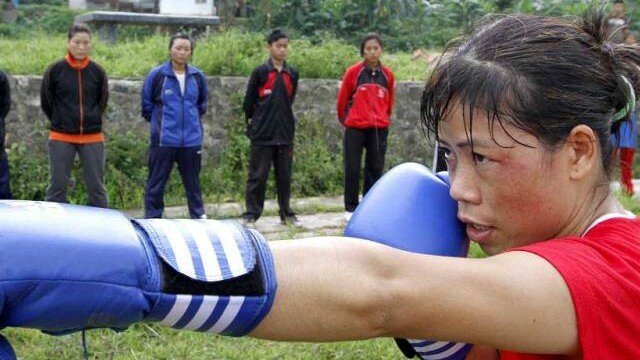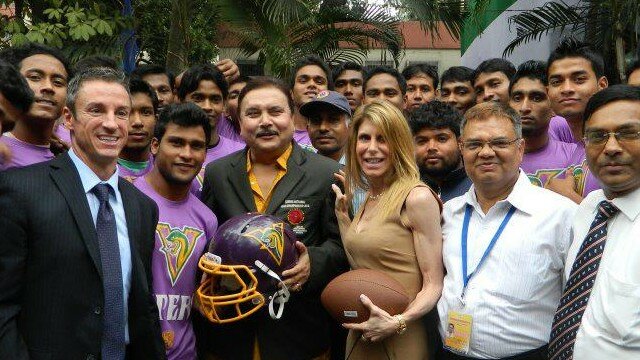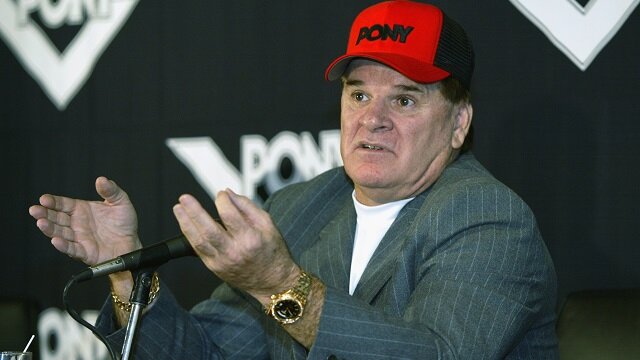NBA India: Learning from Sterling’s Tomfoolery

(Photo by Andrew D. Bernstein/NBAE via Getty Images)
For as long as I can remember I have disliked Los Angeles sports teams, but my ire has always been fixed on the Lakers. They won way too much, Kobe’s jaw protrusions annoyed me and their fans, represented by many of my close college friends, were smug in a way I could never be as a fan of the Bulls and the Warriors in the aughts. I, like most NBA fans, never paid much attention to the Clippers. They never won and nobody I knew rooted for them. But over the course of the last few days, for reasons that have everything and nothing to do with basketball, I have spent hours attending to the Clippers, their bigoted executive, and issues of race in the NBA. To cut to the quick, with due props to the five foot assassin, this Donald Sterling shit has me buggin’ out.
The stories surrounding Sterling kept trickling in this weekend. All the major media outlets have been reporting. Dave Zirin has been writing up a storm for The Nation. Even President Obama put a pause to diplomacy to comment. To truly understand the depth of this man’s madness, I’d suggest carving out three minutes of your day and heading over to Grantland to listen to these comments made by Baron Davis, who signed a 5 year $65 million contract with the Clippers in 2008, prior to TMZ releasing the audio recording.
But before we get to Baron, let’s keep in mind four things about Donald Sterling that have surfaced or resurfaced in the last few days:
1. Donald Sterling, who owns several large housing complexes in Los Angeles, was sued by the Justice Department in August 2005 for alleged violations of the Fair Housing Act. In the suit it is alleged that his company, the Korean Land Company, offered inferior and delayed services and misrepresented the availability of units to non-Korean tenants. In an employee meeting the previous year, he claimed that Hispanic tenants “smoke, drink, and just hang around the building” and African-American tenants “smell and attract vermin”. Information about that meeting was part of a different lawsuit filed by the Human Rights Center (HRC), a nonprofit agency. In the HRC case, his company’s employment practices also came to light: “only applications with headshots were considered, presumably to filter out undesirable workers”. Donald Sterling lost this case and was ordered to pay $4.9 million.
2. In an employment discrimination lawsuit in 2009, former Clippers General Manager Elgin Baylor alleged that the team has “egregious salary disparities” based on race and claimed that Sterling embraced a “vision of a Southern Plantation type structure”. Sterling “wanted a White coach directing the Clippers” and referred to the players as “poor Black kids”.
3. Adande quotes Baylor’s lawsuit: “…players Sam Cassell, Elton Brand and Corey Maggette complained to me that DONALD STERLING would bring women into the locker room after games, while the players were showering, and make comments such as, ‘Look at those beautiful black bodies.’ I brought this to Sterling’s attention, but he continued to bring women into the locker room.” (emphasis mine)
4. From the audio recording released by TMZ just a few days ago, an exchange between V (V. Stiviano) and DS (Donald Sterling):
V: Do you know that you have a whole team that’s black, that plays for you?
DS: You just, do I know? I support them and give them food, and clothes, and cars, and houses. Who gives it to them? Does someone else give it to them? Do I know that I have—Who makes the game? Do I make the game, or do they make the game? Is there 30 owners, that created the league?
Most of the sentiment surrounding this story is rage at the insensitivity and tactlessness of a rich white guy. Let’s be clear though. Donald Sterling is not just a rich white guy, he is a megalomaniac who fashions himself as some sort of modern-day plantation overlord. The additional tidbits above, along with a host of other reporting out there that speaks to his character, should make clear in the most Meek Mill-ian sense that there are levels to this shit.
We are not just talking about a man who doesn’t want Black people at his team’s basketball games. We are talking about a man who carries on the historical legacy of systemic and institutionalized racism in this country. Violations of the Fair Housing Act and discriminatory employment practices are what sustain the ghetto both as a lived reality and as a harbor for the most deep seated of American fears about black and brown people. It’s what transforms two-thirds of the city I live in today into Chiraq, a misnomer that turns it into a militarized zone where “April showers” becomes a double entendre. It’s what creates a carceral state where human bodies reduce to objects, be they “black” or “beautiful” or however else you want to label them. It’s what supports a drill-and-kill system where “poor Black kids” are taught and retaught that they must be twice as good and half as black, lest they be pushed out. And that’s just scratching the surface. He also represents the Los Angeles Clippers plantation franchise. Take a second and go listen to that Baron Davis clip.
Even if you disagree with me and think I’m spewing nonsense, join my camp for a second. Let’s imagine Donald Sterling as this brooding plantation owner. In that vein, can we see Baron Davis’ recounting of the horrors of working for him as a condensed slave narrative? It might be difficult to imagine a guy getting paid $13 million a year being a slave but just from listening to that three-minute clip, there are undeniable tropes of plantation culture. The looseness Davis felt when Sterling wasn’t around and the anxiety that surfaced when he was around; the pressure to perform in the owner’s presence and the way Davis was berated during games; the crushing psychological unease that Davis describes. The system: “everyone tried to appease him [Sterling]”; eerily consistent with the way the outspoken scholar Cornel West characterized black leaders’ subservience on the “Obama plantation” last year: “You keep folks so scared. You keep folks so intimidated. You can give them money, access, but they’re still scared. And as long as you’re scared, you’re on the plantation.” Baron Davis also notes the owner’s refusal to have even a conversation with his “top employee” because, of course, to do so would first require Sterling to see Davis as a human being, a subject worthy of human interaction, of dignity, of respect. Even the way Davis repeats “delusional” over and over again at the end is striking, as if he wants to exorcise all thoughts of the man. And that’s just Baron Davis. I’m quite convinced that if we heard from other former Clippers affiliates, be it Elgin Baylor or Elton Brand or Mike Dunleavy or Vinny del Negro, we would have even more clarity on the plantation culture that Donald Sterling has lorded over since 1981.
If it’s frightening to think about an NBA franchise in the 21st century run like a slave plantation in the antebellum South, it shouldn’t be. The plantation is the prototype. Any history lesson on the American economic system should start there. What? You think Southern states fought in the Civil War because they wanted states rights? Because they hated black people? Check your old history textbook to see if it was made in Texas, son. Or heed the words of one of the great Texans of the last two decades, Bun-B: “Go read a book you illiterate son of a bitch”. Look at our schools, universities, corporations, entire industries, but, on the real, look at yourself. Consider our constructions of race, gender, and sexuality, to start. The plantation model is alive and well today because we’ve never dismantled it. Or perhaps we’ve tried to but only by using, to borrow from Audre Lorde, “the master’s tools”.
On Sunday afternoon, Kevin Johnson, NBA legend and current mayor of Sacramento, spoke on behalf of the NBA Players Association. With activist gusto, he asserted the need for players to have a collective voice and called this a “defining moment in the history of the NBA”. One of the demands of the Players Association is a full accounting of the accusations of racism made against Sterling and an explanation for why those were never sanctioned by the NBA. Another critical demand is to have a seat at the table, to be a “partner” in the Commissioner’s decision-making process over the next couple days. It is unclear how the process will play out. Many are already bracing for more of the same. Some say that even if, worst case scenario, Donald Sterling is forced to sell the team, he can sell for close to $1 billion, profiting off his own bigotry. The owners can put the pressure on him to sell, but they have a protective instinct and a profit motive; their next moves are predictable.
The true reckoning lies with the players and other NBA employees; they are conditioned, like us, to develop amnesia in situations like this. But a moment like this demands them, us all really, to take a hard look in the mirror. If we indeed hope to dismantle racism—granted that we can acknowledge its existence and pervasiveness first (see: Roberts court)—what will it look like for there to be “no place” for racism in the NBA, not to mention our society? What would it look like if players realized the immense power they have, not as slaves in a plantation culture or as objects for entertainment, but as subjects capable of profound collective action? Can the players’ voice be heard, as KJ alluded to in his comments? Can we reconfigure the National Basketball Association to be a truly democratic and egalitarian space?
Rohit Ghosh is a Senior Writer for www.Rantsports.com. Follow him on Twitter @RohitGhosh. “Like” him on Facebook or add him to your network on Google.
Paulina Gretzky: Top 20 Hot Photos From Instagram
Here's a look at the top 20 hot photos of new mom and Instagram queen, Paulina Gretzky. Read More
Pacquiao Trolls Mayweather On Twitter
Manny Pacquiao is so confident he can defeat Floyd Mayweather Jr. in the ring that he has started to troll him on Twitter. Read More
LRP: Mainstream Sports Media and Gambling
A look at the partnership between media and gambling, brought to you by Locker Room Picks. Read More
Hot Photos of Irina Shayk, Ex-GF of Ronaldo
With Irina Shayk back on the market after breaking up with Cristiano Ronaldo, here are 20 hot photos of the model to let the soccer player know what he'll be missing. Read More
Lindsey Vonn: 15 Hot Photos of Ski Racer
In honor of her making World Cup history, here's a look at 15 hot photos of ski racer Lindsey Vonn. Read More
LRP: Super Bowl Thoughts, Opening Line
Taking a look at the upcoming matchup in the Super Bowl and the opening line, brought to you by Locker Room Picks. Read More
20 Celebrity Seahawks and Patriots Fans
In honor of Super Bowl XLIX, here's a look at 20 celebrity fans of the Seattle Seahawks and New England Patriots. Read More
Seinfeld Sports References
Who doesn't love Seinfeld? In fact, it's one of the top sitcoms in India as well. Here are some sports references from the show. Read More
List of Indian Female Athletes
The following list is comprised of female Indian athletes who have either won championships, titles or medals, or set a record in their respective event. Read More
Learning from NFL's Blackout Policy
As the EFLI continues to grow, league management and fans can learn a great deal from the NFL's blackout policies. Read More
Rose's Ruin
Despite giving his life for the sport, Pete Rose is remembered for one mistake. Indian sports fans will find Rose's story to represent the struggle all athletes at one point or another deal with. Read More
Benji's Lessons
Sports fans and young athletes in India can learn a great deal about the harsh realities of life through Benji's story. Read More
